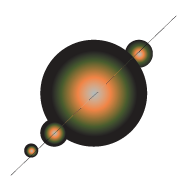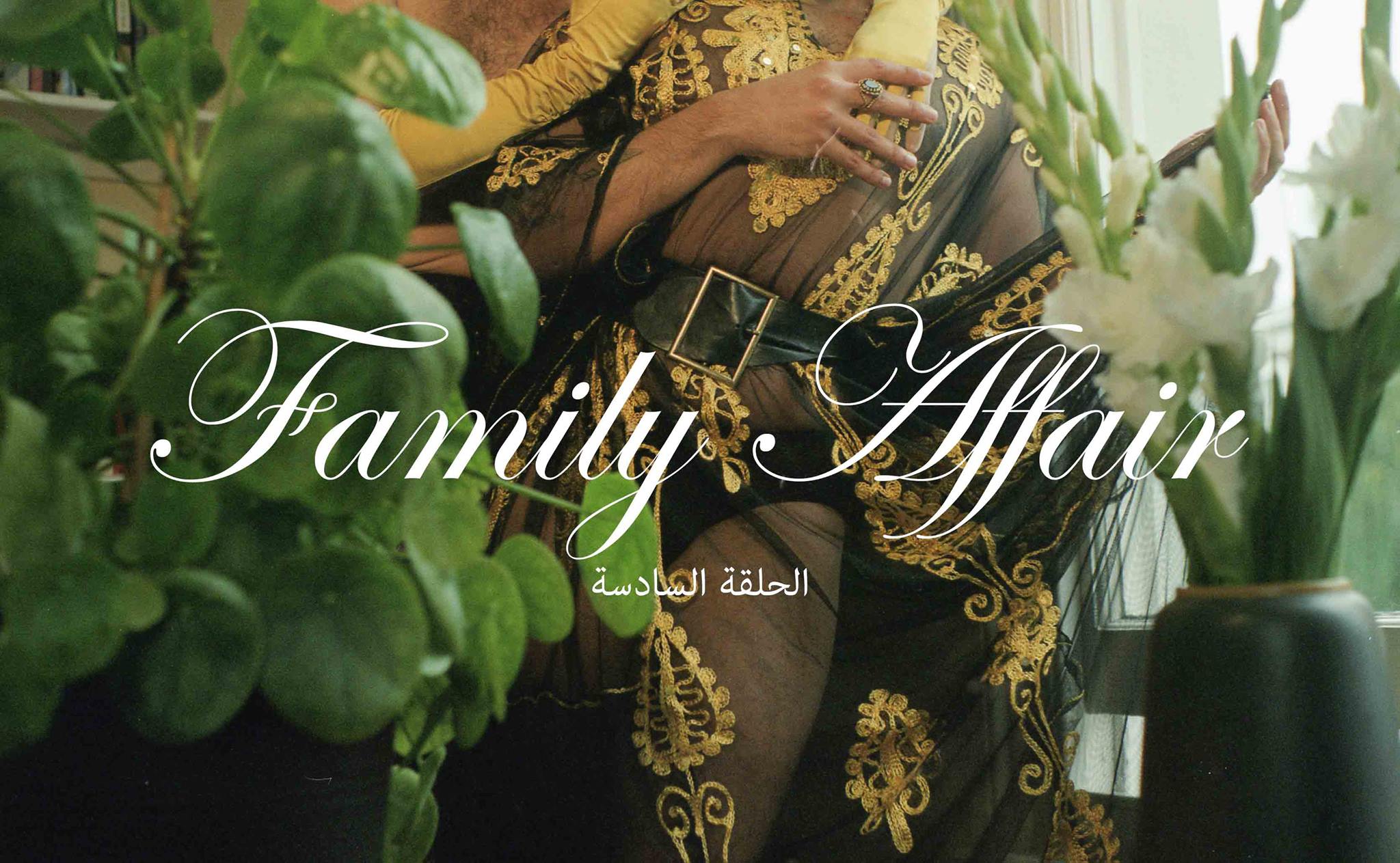On Becoming POA
Through the many conversations we’ve had with people who have come into contact with Pride of Arabia (POA), we realised it’s time for a retrospective, an honest conversation about how this group has evolved over the last few years. There were a couple of reasons why it was created, one was a desire to meet and connect with other queer people from the region and the other was to march in London Pride. We didn’t feel seen or represented in the London LGBTQ scene so we marched and we got to meet a lot of people. Approximately 70 people marched and danced and sang together for the first time that day. We realised that it was hard to trust so many strangers when we were taught to be suspicious of each other. We also realised that London Pride was not the right place for us. It was exclusionary and overrun by corporations. Our participation was also an interesting exercise in negotiating visibility. A lot of us concealed our identities, there were those who had not come out to their families, others who were afraid of their governments. Why then did our queerness have to exist within this uncomfortable dynamic? At that point, we didn’t know how else to be queer but coming into direct contact with that tension forced us to reconsider and be creative in carving out a different kind of space for ourselves, one that had no pre-existing mould. The parties were important. They are a place of resistance and expression, a space to overcome the false idea that we had to pick one or the other (our ethnic/racial/cultural/religious identities or our sexualities and gender expressions). We can be both at the same time, we can be all of it at once. There is no need to compromise.
The physical release of dancing, sweating, moving and laughing together felt like a balm on an old wound. We often heard people saying that they never thought they would meet other people like them or that they could inhabit a space that allows for their queerness and Arabness/Middle Easternness simultaneously. It has been beautiful to witness and experience. But there were also incidents of xenophobia, misogyny and transphobia. We understood that there was no such thing as a safe space but only safe(r) spaces and it would be uninformed to assume that a club space with over 300people would not come with its complications. So we tried harder to articulate our politics and the politics of our spaces; all the things we wouldn’t stand for and the things we couldn’t take for granted. Our development as people coincided with the development of POA, quite frequently as a result of our work within it as a collective. We went to Black Pride the year after and felt far more comfortable, proud to see fellow QTIPOCs so wonderfully organise and express themselves in hostile environments. But then we started to question the very notion of “pride” and the “coming out” narrative. Not engaging with either of those didn’t mean that we were ashamed of who we were or any less queer. Not being visible on social media wasn’t simply an issue of fear, or a lack of commitment to queer politics. it is a complicated negotiation with our situations. So while some were comfortable doing it on the gram (being out, visible, vocal), others chose to do their work through other channels and on other frontlines, where they were seen and heard within the community. It is important to create a space where both approaches are seen as valid.
![]()

As we slowly developed the language to communicate this, we were being invited to speak at public events and to hold workshops. Every time, we were nervous, doubtful of ourselves and what we had to say. Who were we to talk to university students or audience members? The insecurity partially came from the white heterosexist capitalist patriarchy (thanks bell hooks) but also because we were in a process of becoming. We were shifting and morphing and our ideas were changing more rapidly than our language could keep up with. What good are ideas if you cannot communicate them clearly? There is too much emphasis on words and often the knowledge came from moving together and holding each other and saying nothing at all. But we spoke some more, engaged with others, read some things, felt as deeply as possible and the language started coming. It was liberating to realise that the language didn’t just have to be words, it was also the looks and the energy and the visuals, the physical expressions of touch and movement, the love and empathy and compassion. It was being critical and constantly questioning, finding peace in knowing there was no particular destination we needed to arrive at. Every time we were scheduled to do a public event, we would spend days discussing what the 2-3 lines of a POA bio should be and every time it would be a little different. What a relief to realise you don’t have to wait for certainty in order to express who you are, to be in a constant state of fluidity and flux. It was great to work with a number of institutions who knew we disliked institutions and their conventions and power dynamics, and still gave us the space to be a work-in-progress in a public setting (our gratitude to the organisers of these events, they were the ones invested in making this happen and not the institutions).
We discussed space, race, queerness, language, movement and what it means to be non-normative. We also started holding and recording intimate conversations with the amazing performers who came to our community spaces. Then there were the book clubs that provided us with a different kind of intimacy, a space for thoughts and words and themes that always intersected and were never limited to issues of identity and categorisation.
![]()

Most importantly however, we got questioned by others. About the name, the events, the visuals. That’s a great place to be – at the receiving end of questions and questioning. It forces you to think about what you’re doing and where you stand. The name we didn’t take too seriously, it was tongue-in-cheek and even if we don’t feel at home in pride parades and know that “Arab” is a historically constructed identity that entails a lot of violence and exclusion, it’s good to remember how much our thinking has evolved over the years and to not take ourselves too seriously OR cover our tracks because we are ashamed of a previous version of ourselves. But it’s also important to acknowledge the impact words have. It’s why we’re writing this piece. To share with you that this constant dialogue we’ve been having with everybody we’ve ever been in contact with has helped us to grow and transform and that we are sooo grateful for it. If it wasn’t for this continuous exchange we wouldn’t have been able to organise activities or go to talks and express our desire for another way of being. It’s exhausting to constantly have to fight to create our own spaces to be who we are but it’s also a wonderful act of imagination and solidarity. Boxes have always been created for the comfort of the majority/authorities, but in finding each other (the ones who don’t neatly fit into boxes) – we can live outside them, on top of them, juggle them, colour inside their lines, and exist in all the ways we find nourishing. May we never stop becoming.


